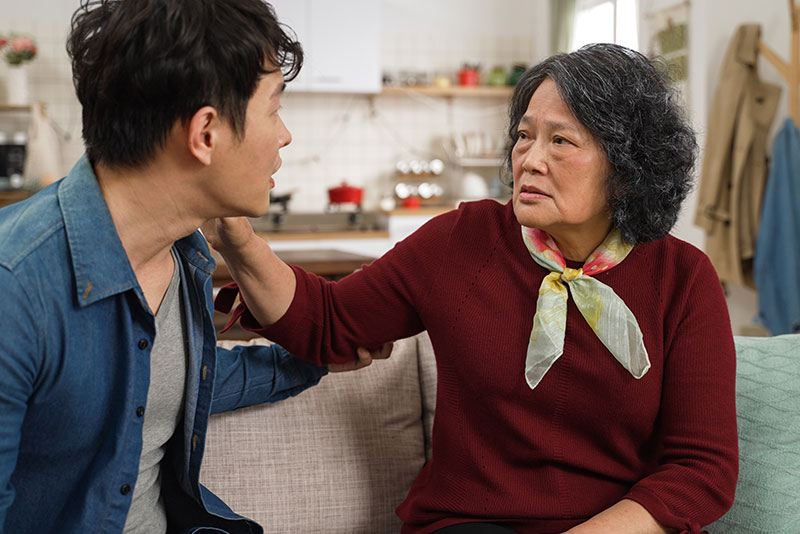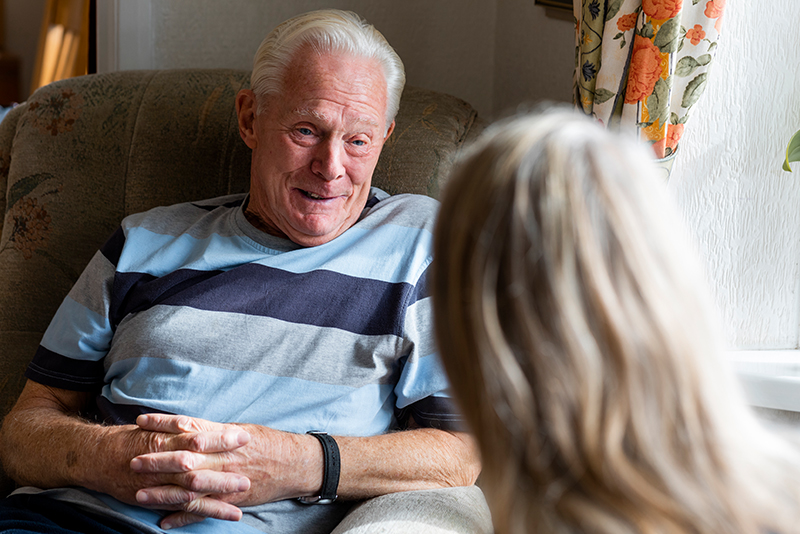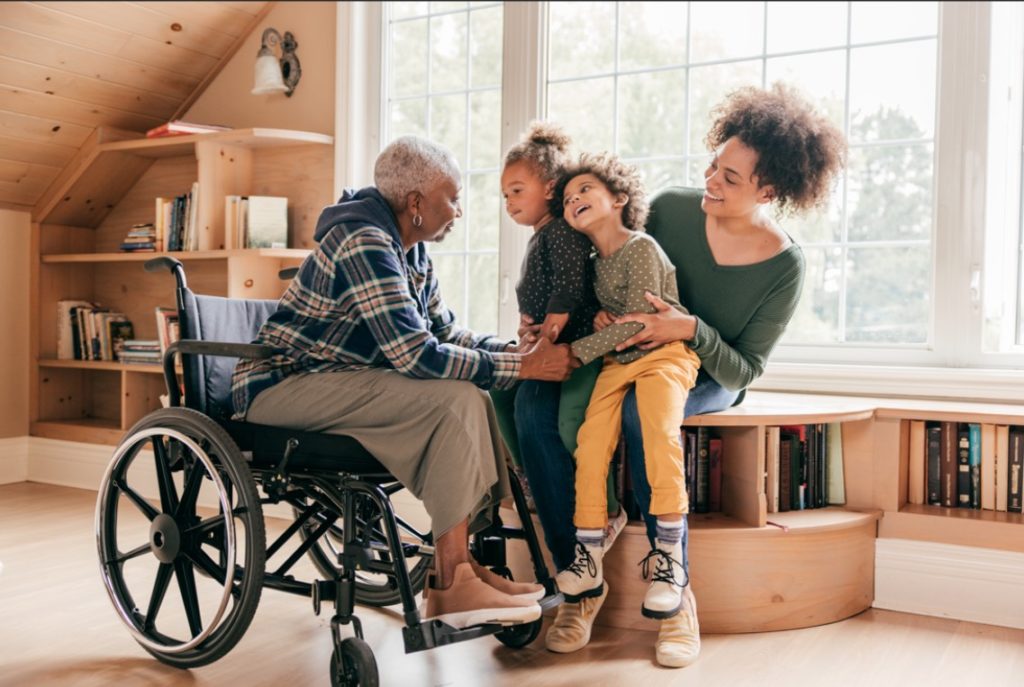What Should You Do When a Senior With Dementia No Longer Recognizes You
You’ve been taking care of Mom since her diagnosis of dementia. You’ve been working through many of the challenging symptoms. Yet one day, she looks at you and calls you by a different name – that of her husband or father or younger brother. Do you correct her, reminding her that you’re her son? Should […]
What Should You Do When a Senior With Dementia No Longer Recognizes You Read More »










